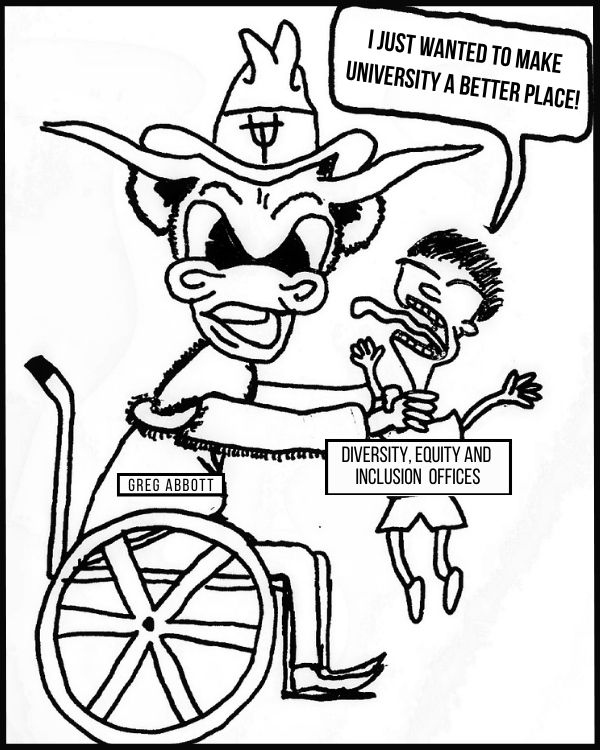The vast majority of causes concerning environmental problems are economic. They are mostly the unintentional byproducts of well-intentioned economic activities, or in the words of economists, they are externalities, external to the decision-making framework. The results of environmental problems also have a significant economic dimension. If causes are economic and results are economic, surely economics can offer a highly valuable perspective.
This is as true for local air and water pollution as it is for the “granddaddy” of all environmental problems, global climate change, which is linked to the concentration of greenhouse gases in the atmosphere due to the use of fossil fuels as a source of energy. An example of an economic incentive, in the case of global climate change, would be the policy instrument used successfully to remove lead from gasoline in the United States. The same policy was also implemented successfully to reduce acid rain by over 50%. The tradable permit system, also known as Cap and Trade, is a system demonized by many conservatives as Cap and Tax, which is ironic because the father of neoliberalism, Ronald Reagan, brought us a Cap and Trade system to remove lead from gasoline, and former president George H. W. Bush brought us the highly successful Cap and Trade system to cut sulfur dioxide emissions by half.
Perhaps this is the only way that will make it possible, in this economy, to reduce greenhouse emissions. Cap and Trade is a market-based approach to environmental problems. It was demonized and is still demonized by conservatives, not because of the instrument itself, but rather because of collateral damage in the climate change wars. Opposition to climate change policy, possibly for sound reasons, led to the strategy of applying and developing talking points around Cap and Trade. The reason why this system has not succeeded in the U.S. Senate as it did in the House of Representatives is strictly political, and it doesn’t necessarily have to do with environmental policy. It has to do with broader political factors, which have led to the increasing separation between the two political parties. Starting with the first Earth Day in 1970 and for the following forty years, environmental and energy policy issues in the United States have been merely regional concerns. The voting was always on geographic regions, not on political party. This is no longer the case. It has now become an issue that has taken on a partisan tinge.
Climate change has definitely evolved over time. Only after I listened and read about more and more evidence from the natural science community did I become convinced that this is an issue which needs to be addressed urgently. For several years scholars have argued that the U.S. should not take domestic action regarding climate change, yet in recent years modern scholars have insisted that this is not the case. U.S. domestic action is a necessary condition for international agreement. Only when the international community agrees on collaborating to address this matter will a solution be found.

















